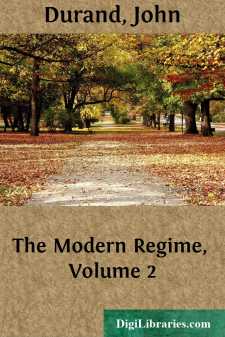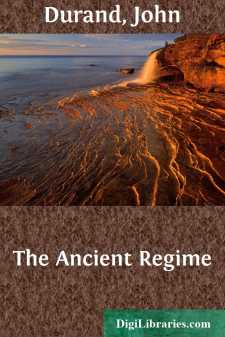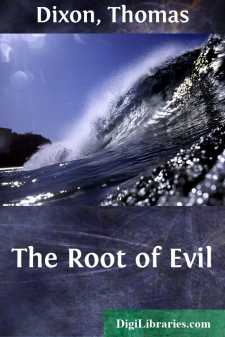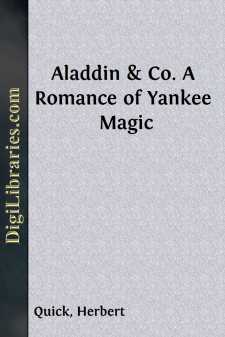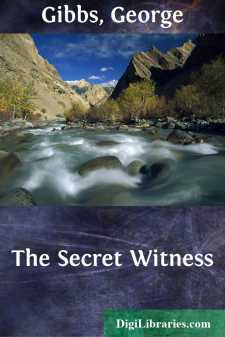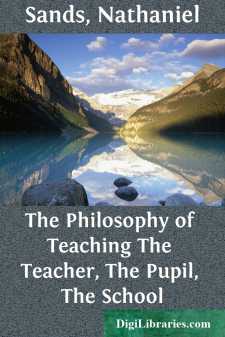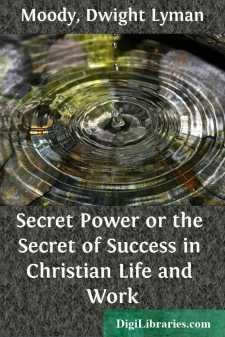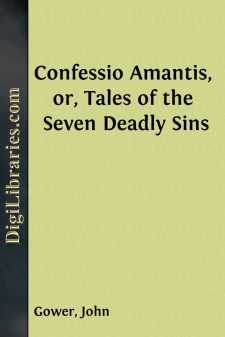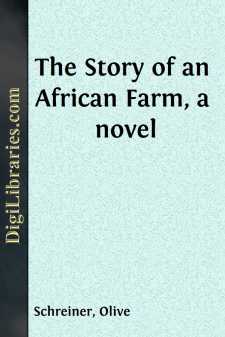Categories
- Antiques & Collectibles 13
- Architecture 36
- Art 48
- Bibles 22
- Biography & Autobiography 813
- Body, Mind & Spirit 142
- Business & Economics 28
- Children's Books 17
- Children's Fiction 14
- Computers 4
- Cooking 94
- Crafts & Hobbies 4
- Drama 346
- Education 46
- Family & Relationships 57
- Fiction 11829
- Games 19
- Gardening 17
- Health & Fitness 34
- History 1377
- House & Home 1
- Humor 147
- Juvenile Fiction 1873
- Juvenile Nonfiction 202
- Language Arts & Disciplines 88
- Law 16
- Literary Collections 686
- Literary Criticism 179
- Mathematics 13
- Medical 41
- Music 40
- Nature 179
- Non-Classifiable 1768
- Performing Arts 7
- Periodicals 1453
- Philosophy 64
- Photography 2
- Poetry 896
- Political Science 203
- Psychology 42
- Reference 154
- Religion 513
- Science 126
- Self-Help 84
- Social Science 81
- Sports & Recreation 34
- Study Aids 3
- Technology & Engineering 59
- Transportation 23
- Travel 463
- True Crime 29
The French Revolution - Volume 1
by: John Durand
Description:
Excerpt
PREFACE
This second part of "Les Origines de la France Contemporaine" will consist of two volumes.—Popular insurrections and the laws of the Constituent Assembly end in destroying all government in France; this forms the subject of the present volume.—A party arises around an extreme doctrine, grabs control of the government, and rules in conformity with its doctrine. This will form the subject of the second volume.
A third volume would be required to criticize and evaluate the source material. I lack the necessary space: I merely state the rule that I have observed. The trustworthiest testimony will always be that of an eyewitness, especially
* When this witness is an honorable, attentive, and intelligent man,
* When he is writing on the spot, at the moment, and under the dictate of the facts themselves,
* When it is obvious that his sole object is to preserve or furnish information,
* When his work instead of a piece of polemics planned for the needs of a cause, or a passage of eloquence arranged for popular effect is a legal deposition, a secret report, a confidential dispatch, a private letter, or a personal memento.
The nearer a document approaches this type, the more it merits confidence, and supplies superior material.—I have found many of this kind in the national archives, principally in the manuscript correspondence of ministers, intendants, sub-delegates, magistrates, and other functionaries; of military commanders, officers in the army, and gendarmerie; of royal commissioners, and of the Assembly; of administrators of departments, districts, and municipalities, besides persons in private life who address the King, the National Assembly, or the ministry. Among these are men of every rank, profession, education, and party. They are distributed by hundreds and thousands over the whole surface of the territory. They write apart, without being able to consult each other, and without even knowing each other. No one is so well placed for collecting and transmitting accurate information. None of them seek literary effect, or even imagine that what they write will ever be published. They draw up their statements at once, under the direct impression of local events. Testimony of this character, of the highest order, and at first hand, provides the means by which all other testimony ought to be verified.—The footnotes at the bottom of the pages indicate the condition, office, name, and address of those decisive witnesses. For greater certainty I have transcribed as often as possible their own words. In this way the reader, confronting the texts, can interpret them for himself, and form his own opinions; he will have the same documents as myself for arriving at his conclusions, and, if he is pleased to do so, he may conclude otherwise. As for allusions, if he finds any, he himself will have introduced them, and if he applies them he is alone responsible for them. To my mind, the past has features of its own, and the portrait here presented resembles only the France of the past....




